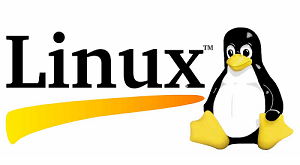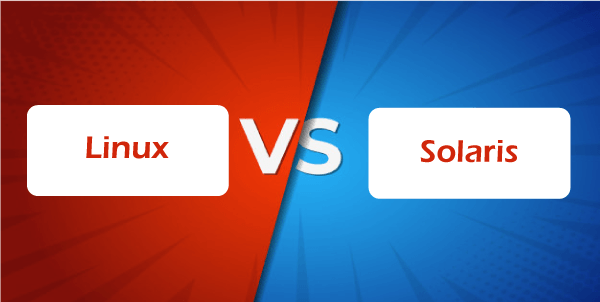Difference between Linux and SolarisIn this article, you will learn the difference between the Linux and Solaris Operating Systems. But before discussing the differences, you must know about the Linux and Solaris Operating Systems. What is Linux Operating System?
The Linux operating system is one of the famous versions of the UNIX operating system based on the Linux Kernel. In 1991, it was designed by Linus Torvalds. It is a free and open-source OS under the General Public License. Over the years, it has been the fastest-growing OS among the industries due to its low dependency, high modularity, and wide distributions. Linux terminology includes a bootloader, an init-program, a kernel, a system library, and a system utility. It is also known for its open-source support and flexibility. Initially, it was designed and developed for PCs. It has now found its way into various other platforms, including servers, mainframe computers, supercomputers, etc. It is now widely used in embedded devices such as televisions, game consoles, digital video recorders, routers, automation controls, smartwatches, etc. The most successful application of Linux is Android, which is built on the Linux kernel and runs on smartphones and tablets. As a result of Android, Linux has the most installed base of any general-purpose operating system. It is generally packaged in a Linux distribution. The Kernel Layer and the User Layer are the two primary elements or layers of the Linux architecture. Each Linux distribution is different and has its own set of interfaces. You may select distribution according to your requirements. Advantages and disadvantages of Linux Operating SystemThere are various advantages and disadvantages of the Linux operating system. Some advantages and disadvantages of the Linux operating system are as follows; Advantages
Disadvantages
What is Solaris Operating System?
Solaris is the UNIX-based operating system. It was initially developed by Sun Microsystems first released in 1992. It has initially licensed software and must obtain licenses to install it on systems. In 2010, Oracle acquired sun microsystems, and it was renamed Oracle Solaris. Oracle discontinues the open-source Solaris. Solaris was written in the C and C++ programming languages. Solaris has been designed to work with the SPARC and Power PC systems. Oracle is offering a free 90-day trial version of the software. You would have to buy a license from Oracle to utilize Solaris as a development platform if you wanted to keep using the software after the free trial period ended. Oracle Solaris is considered simple to update cloud installations. It has been used for legacy apps on the cloud by offering the highest security and performance. Over time, Oracle has added new capabilities and additions to Solaris, including the service management facility, kernel zones, and other services. Features of Oracle SolarisThere are various features of Oracle Solaris. Some features of the Oracle Solaris are as follows:
Main Differences between the Linux and Solaris Operating System
Here, you will learn the main differences between Linux and the Solaris Operating System. Various main differences between the Linux and the Solaris Operating System are as follows:
Head-to-head comparison between the Linux and Solaris Operating SystemHere, you will learn the head-to-head comparisons between the Linux and Solaris Operating Systems. There are differences between the Linux, and Solaris Operating Systems are as follows:
ConclusionLinux and Solaris are both operating systems. These are UNIX-like operating systems with virtual memory, paging, system calls, processes, kernels, buffers, caches, resource controls, mapped files, multiprocessor support, CPU scheduling and support, and other features in common with UNIX. Linux and Solaris each have their own set of command-line options. It would be simple to utilize another if you are familiar with one. Linux is widely used due to its open-source nature. It is a free OS that is widely distributed. Linux is simple to download and install on systems according to the requirement. Solaris uses licensed software, which must be obtained from Oracle before it can be installed on systems. The number of licenses you buy is the same as the number of computers you need to set up. Solaris is mostly used due to security and performance features. It is simple, secure cloud-friendly, and cloud-ready because it works well with management tools to run infrastructure in the cloud quickly and efficiently. |
 For Videos Join Our Youtube Channel: Join Now
For Videos Join Our Youtube Channel: Join Now
Feedback
- Send your Feedback to [email protected]
Help Others, Please Share









